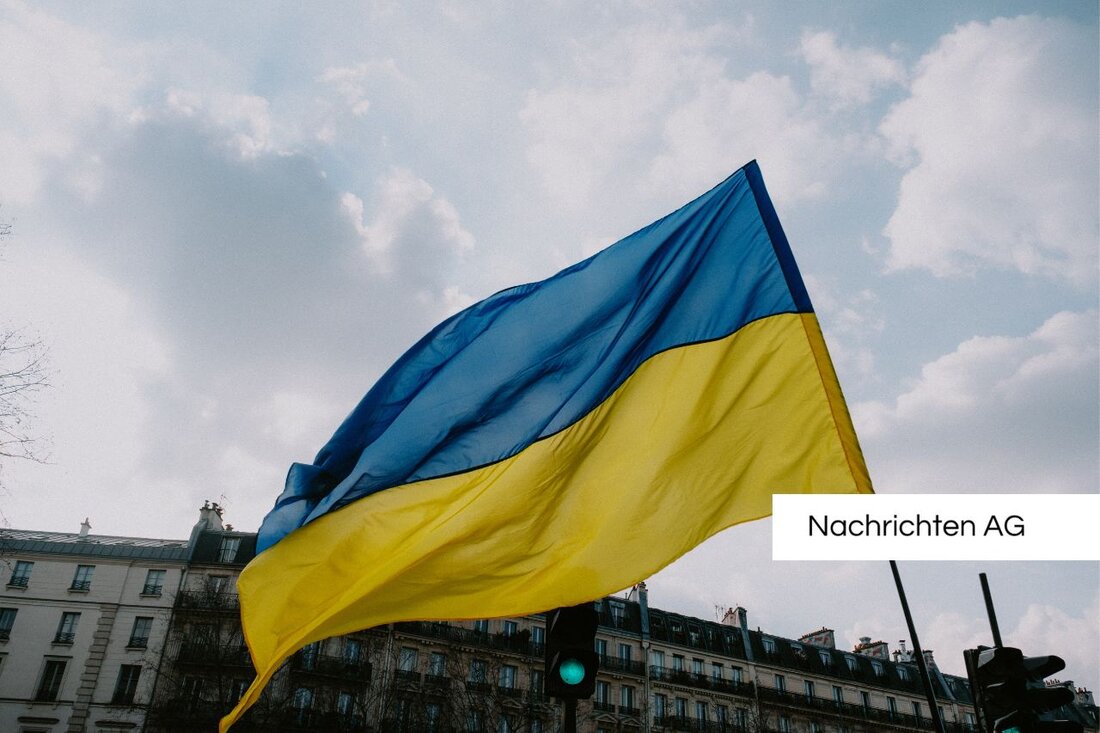Vienna discusses: Reference to neutrality after the Ukraine War!
Vienna discusses: Reference to neutrality after the Ukraine War!
In today's world, when security policy is on the brink in Europe, the importance of the neutrality of Austria is a hotly debated topic. As part of the Austrian Peace Forum, which took place at Schlaining Castle and was moderated by Damita Pressl, experts from various areas have spoken out. Among them were Ursula Plassnik (ÖVP), Georg Häsler (NZZ), Alexander Dubowy (Eastern Europe expert) and political scientist Heinz Gärtner. [Falter] reports that the discussion on the security policy situation after the Russian attack war went into Ukraine, in which the role of neutrality was particularly critically examined.
The security policy landscape has indeed changed fundamentally, regarding the possibility of an active role in Austria in the conflict management. This raises the question: How does Austria position itself in this turbulent world?
neutrality in the change of time
In his analyzes on Austrian neutrality policy,Martin Senn describes three dimensions that control the discussion: the interpretation , the attractiveness and the deterrent . It becomes clear that there are always debates about the design of neutrality within the country, especially if the framework conditions change. Measures to secure neutrality, such as mediation in conflicts or the accommodation of international organizations, play a central role.
In addition, SEN describes four phases of the development of Austrian neutrality, which leads to current stagnation from consolidation in 1955. During the 1970s and 1980s, neutrality experienced a phase of expansion before reorienting itself after the end of the east-west conflict. Today, it is stated that there is a de-politicization of neutrality. This is also reflected in political programs; While some parties insist on neutrality at the same time, others focus on a common European defense policy [parliament.gv.at].
The budget of the federal army and public perception
In this context, the book by Alfred C. Lugert illuminates the security policy situation in Austria. It is pointed out to the constitutional structures of the Federal Army and recognized that the current financing - up to 3 billion euros annually - is often considered questionable. The author criticizes the inability to maintain an effective and affordable military system, which concerns not only security, but also the credibility of neutrality [Bookstore Stoehr].
The responsibility of politics is great here: The disregarded constitutional requirements mean that the tasks of the Federal Army cannot be adequately perceived. A proposed militia system could be a more flexible approach to meet the requirements of a changing security landscape. Lugert calls the population, the media and political actors to participate in a constitutional security policy.
The discussion about Austrian neutrality and the Armed Forces are reinforced by the geopolitical tensions. In view of the current developments, it is of great importance for the Austrian population to actively contribute to the debate and to help shape the direction of security policy. Because one thing is certain: something is due, and our country needs a good hand to be up to the challenges of the future.
| Details | |
|---|---|
| Ort | Wieden, Österreich |
| Quellen | |


Kommentare (0)